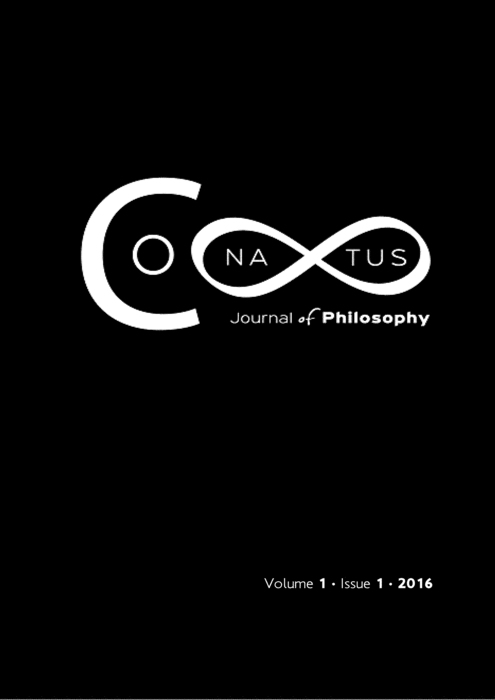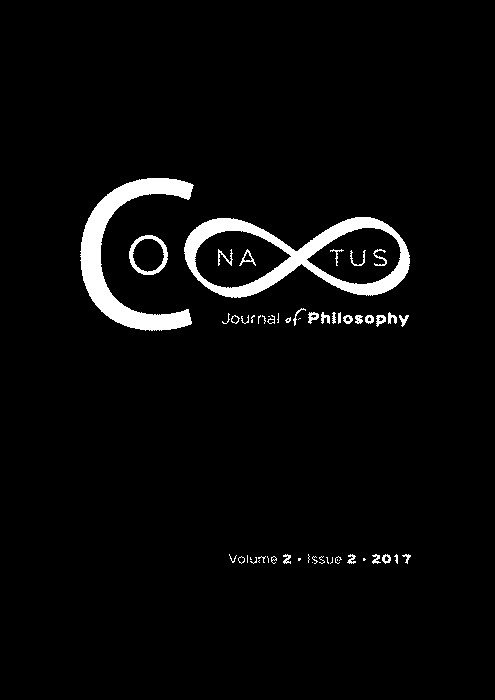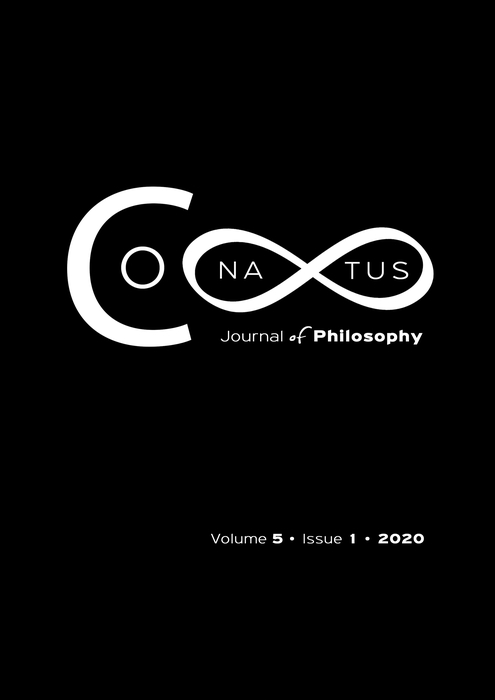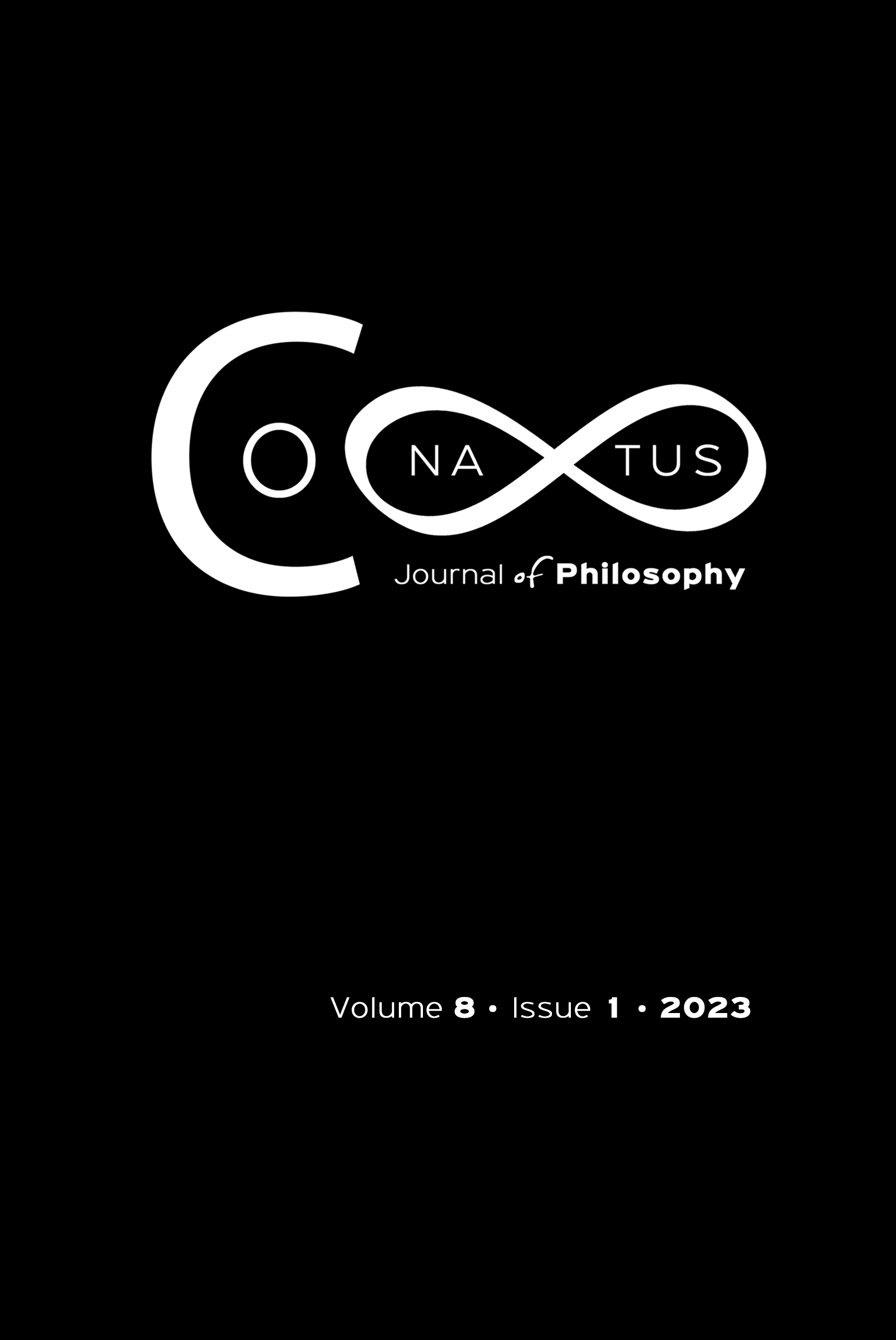Peter Singer: Ethics Today

Abstract
On May 2015 the influential moral philosopher Peter Singer, professor of Applied Ethics at Princeton University, was honored by the National and Kapodistrian University of Athens with the title of Honorary Doctor of Philosophy for his contribution to philosophy, and especially for renewing the moral thought. Within his visit in Athens, he was invited by the Applied Philosophy Research Laboratory at the School of Philosophy, where he gave a lecture for students and professors. By the end of the lecture, we came across the chance of having a conversation with him about his main ethical standpoints on charity and animal abuse, as well as on other issues within the field of applied philosophy. Although he is the originator of preferential utilitarianism, which is the last strong ethical system, it seems that Peter Singer continues to review his beliefs and updates his view, without averting his gaze from the needs of current reality.
Article Details
- How to Cite
-
Vertzagia, D., Georgakopoulou, T., & Kameris, C. (2017). Peter Singer: Ethics Today. Conatus - Journal of Philosophy, 1(1), 79–84. https://doi.org/10.12681/conatus.11848
- Section
- Discussion

This work is licensed under a Creative Commons Attribution-NonCommercial 4.0 International License.
Authors who publish with this journal agree to the following terms:
Authors retain copyright and grant the journal right of first publication with the work simultaneously licensed under a Creative Commons Attribution Non-Commercial International License (CC BY-NC 4.0) that allows others to share the work with an acknowledgement of the work's authorship and initial publication in this journal.
Authors are able to enter into separate, additional contractual arrangements for the non-exclusive distribution of the journal's published version of the work (e.g. post it to an institutional repository or publish it in a book), with an acknowledgement of its initial publication in this journal.
Authors are permitted and encouraged to post their work online (preferably in institutional repositories or on their website) prior to and during the submission process, as it can lead to productive exchanges, as well as earlier and greater citation of published work.








